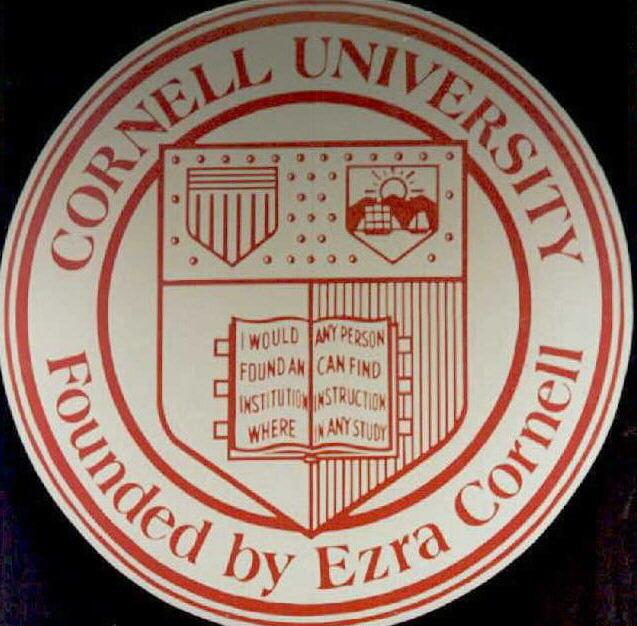Cornell University Police Department (CUPD) are actively investigating online posts on a website unaffiliated with Cornell University containing threats of violence directed at Jewish students across the New York-based campus.
A Jewish student group at the university, Cornell Hillel, released an Oct. 29 statement calling attention to threats directed toward the building at 104 West, which houses the kosher and multicultural dining hall. Threats were also made against Jewish students, faculty, and staff.





